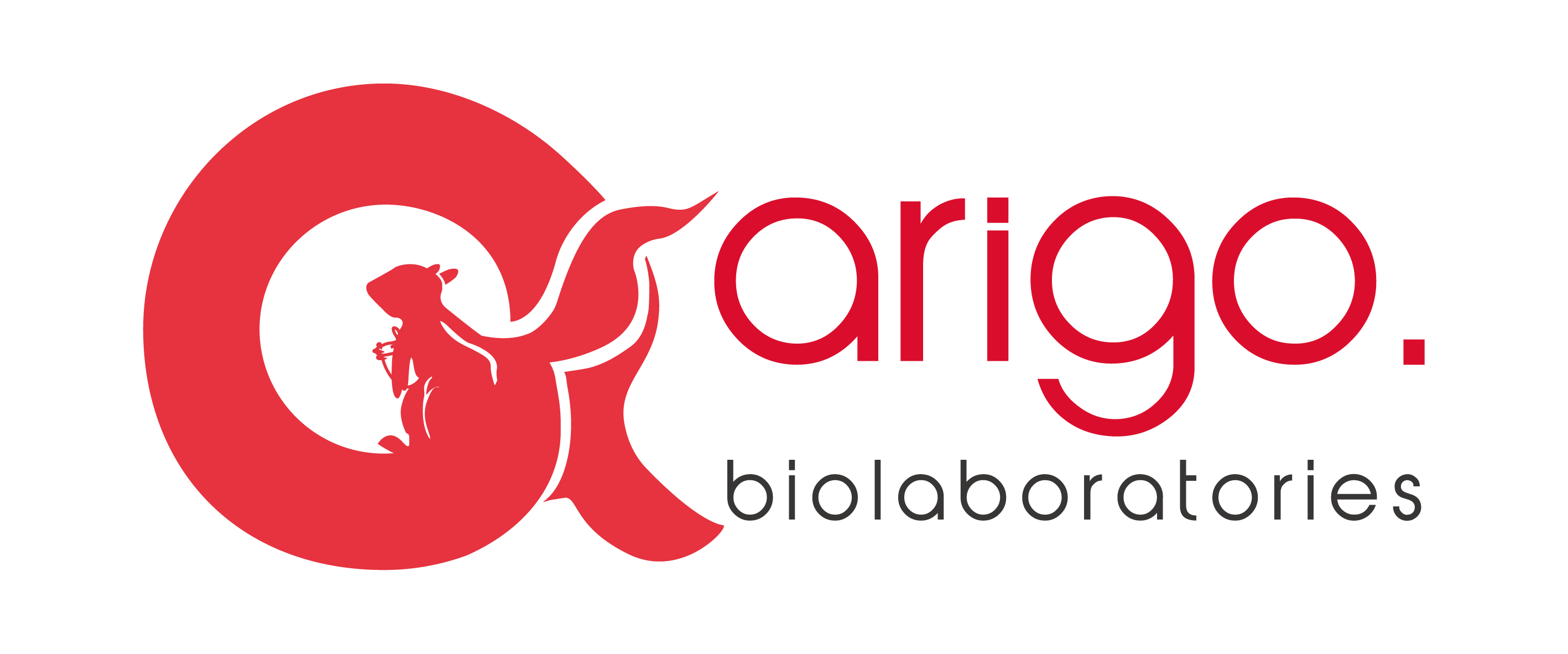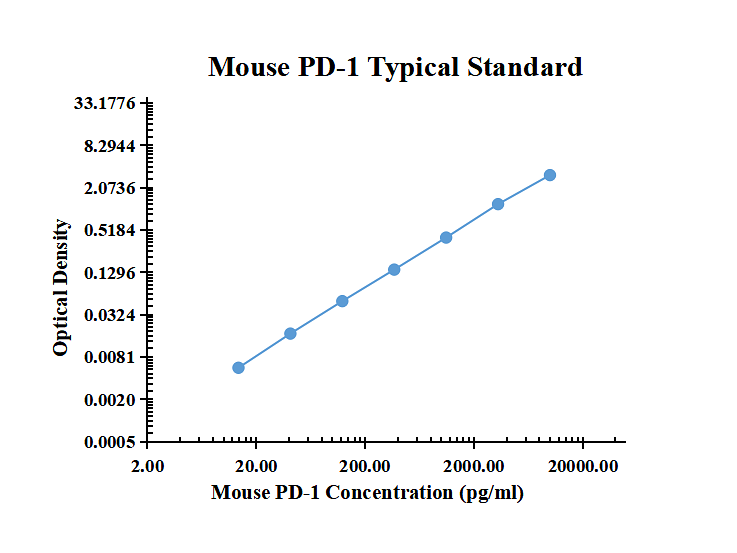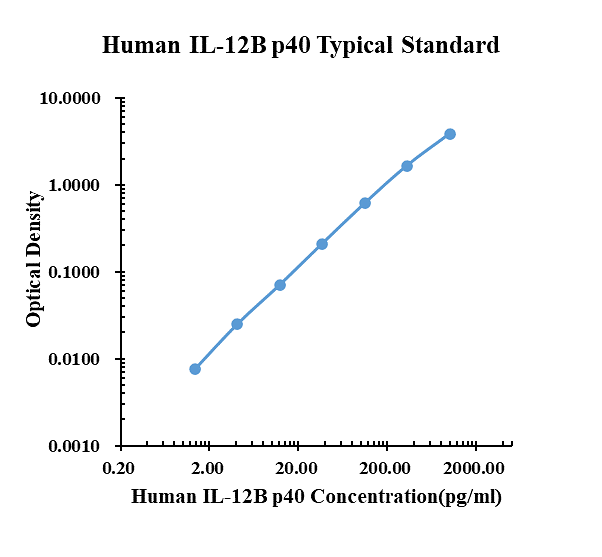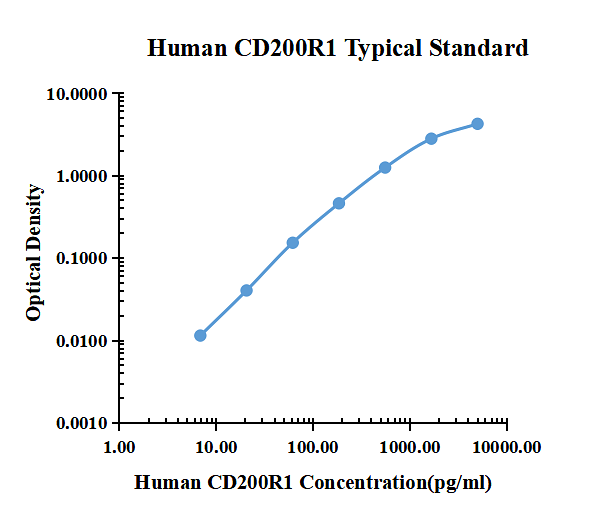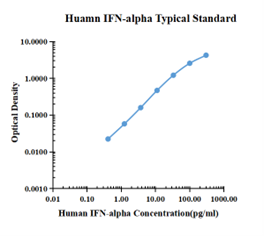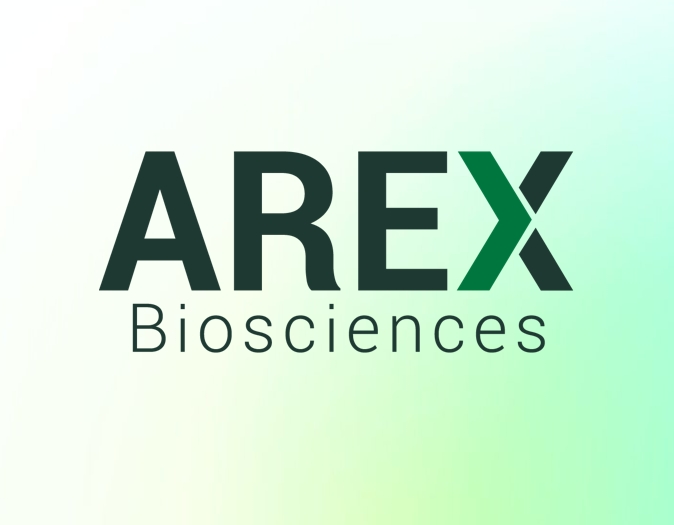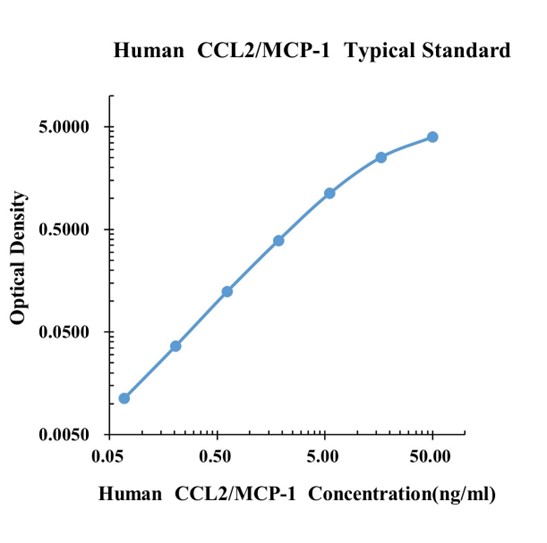anti-Lck antibody [LCK-01]
CAT.NO. : ARG63058
US$ Please choose
US$ Please choose
概述
| 产品描述 | Mouse Monoclonal antibody [LCK-01] recognizes Lck |
|---|---|
| 反应物种 | Hu |
| 不反应物种 | Ms |
| 应用 | CyTOF®-candidate, FACS, ICC/IF, IP, WB |
| 特异性 | The clone LCK-01 recognizes defined epitope (aa 22-36) of Lck, a 56 kDa Src-family protein tyrosine kinase. |
| 宿主 | Mouse |
| 克隆 | Monoclonal |
| 克隆号 | LCK-01 |
| 同位型 | IgG1 |
| 靶点名称 | Lck |
| 抗原物种 | Human |
| 抗原 | Peptide corresponding to amino acids 22-36 in the sequence of human Lck. |
| 偶联标记 | Un-conjugated |
| 別名 | T cell-specific protein-tyrosine kinase; Leukocyte C-terminal Src kinase; Protein YT16; p56-LCK; LSK; Proto-oncogene Lck; p56lck; pp58lck; Tyrosine-protein kinase Lck; YT16; IMD22; Lymphocyte cell-specific protein-tyrosine kinase; EC 2.7.10.2 |
应用说明
| 应用建议 |
| ||||||||||||
|---|---|---|---|---|---|---|---|---|---|---|---|---|---|
| 应用说明 | * The dilutions indicate recommended starting dilutions and the optimal dilutions or concentrations should be determined by the scientist. |
属性
| 形式 | Liquid |
|---|---|
| 纯化 | Purified from ascites by protein-A affinity chromatography. |
| 纯度 | > 95% (by SDS-PAGE) |
| 缓冲液 | PBS (pH 7.4) and 15 mM Sodium azide |
| 抗菌剂 | 15 mM Sodium azide |
| 浓度 | 1 mg/ml |
| 存放说明 | For continuous use, store undiluted antibody at 2-8°C for up to a week. For long-term storage, aliquot and store at -20°C or below. Storage in frost free freezers is not recommended. Avoid repeated freeze/thaw cycles. Suggest spin the vial prior to opening. The antibody solution should be gently mixed before use. |
| 注意事项 | For laboratory research only, not for drug, diagnostic or other use. |
生物信息
| 数据库连接 | |
|---|---|
| 基因名称 | LCK |
| 全名 | LCK proto-oncogene, Src family tyrosine kinase |
| 背景介绍 | Lck is a Src-family tyrosine kinase, which is essential for signaling through the T-cell receptor (TCR) complex. Upon TCR triggering, Lck phosphorylates the ITAM motives in its zeta subunits, establishing binding sites for the SH2 domains of the tyrosine kinase ZAP70, which is also phosphorylated by Lck and thereby activated to generate subsequent signaling platforms by phosphorylation of adaptor LAT. Whereas the majority of Lck is localized to the plasma membrane, there is also a significant fraction associated with the Golgi apparatus, which may contribute to Raf activation under conditions of weak stimulation through the TCR. Lck is also involved in the regulation of apoptosis induced by various stimuli, but not by the death receptors. |
| 生物功能 | Non-receptor tyrosine-protein kinase that plays an essential role in the selection and maturation of developing T-cells in the thymus and in the function of mature T-cells. Plays a key role in T-cell antigen receptor (TCR)-linked signal transduction pathways. Constitutively associated with the cytoplasmic portions of the CD4 and CD8 surface receptors. Association of the TCR with a peptide antigen-bound MHC complex facilitates the interaction of CD4 and CD8 with MHC class II and class I molecules, respectively, thereby recruiting the associated LCK protein to the vicinity of the TCR/CD3 complex. LCK then phosphorylates tyrosines residues within the immunoreceptor tyrosine-based activation motifs (ITAM) of the cytoplasmic tails of the TCR-gamma chains and CD3 subunits, initiating the TCR/CD3 signaling pathway. Once stimulated, the TCR recruits the tyrosine kinase ZAP70, that becomes phosphorylated and activated by LCK. Following this, a large number of signaling molecules are recruited, ultimately leading to lymphokine production. LCK also contributes to signaling by other receptor molecules. Associates directly with the cytoplasmic tail of CD2, which leads to hyperphosphorylation and activation of LCK. Also plays a role in the IL2 receptor-linked signaling pathway that controls the T-cell proliferative response. Binding of IL2 to its receptor results in increased activity of LCK. Is expressed at all stages of thymocyte development and is required for the regulation of maturation events that are governed by both pre-TCR and mature alpha beta TCR. Phosphorylates other substrates including RUNX3, PTK2B/PYK2, the microtubule-associated protein MAPT, RHOH or TYROBP. [UniProt] |
| 产品亮点 | Related Antibody Duos and Panels: ARG30169 Src Family Protein Tyrosine Kinases Antibody Panel Related products: Lck antibodies; Lck Duos / Panels; Anti-Mouse IgG secondary antibodies; Related news: CyTOF-candidate Antibodies |
| 研究领域 | Immune System antibody; Signaling Transduction antibody; Src Family Protein Tyrosine Kinases antibody |
| 预测分子量 | 58 kDa |
| 翻译后修饰 | Autophosphorylated on Tyr-394, increasing enzymatic activity, this site is dephosphorylated by PTN22. Phosphorylated on Tyr-505 by CSK, decreasing activity. Dephosphorylated by PTPRC/CD45. Dephosphorylation at Tyr-394 by PTPN2 negatively regulates T-cell receptor signaling. Myristoylation is required prior to palmitoylation. Palmitoylation regulates subcellular location. |
检测图片 (1)
 New Products
New Products




![anti-Lck antibody [LCK-01]](/upload/image/products/LCK-01_1_210_205.jpg)
![anti-Lck antibody [LCK-01]](/upload/image/products/LCK-01_1.jpg)
